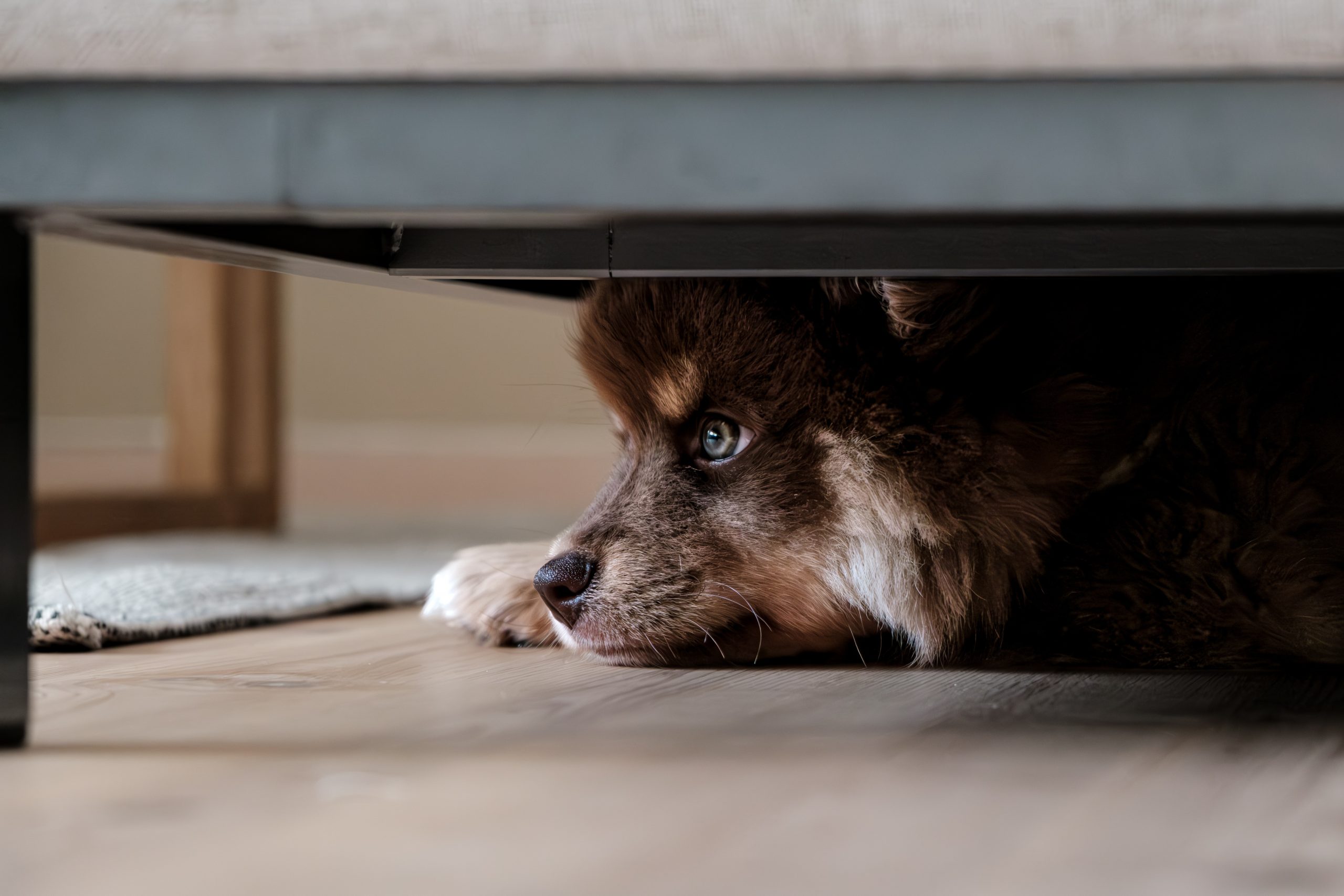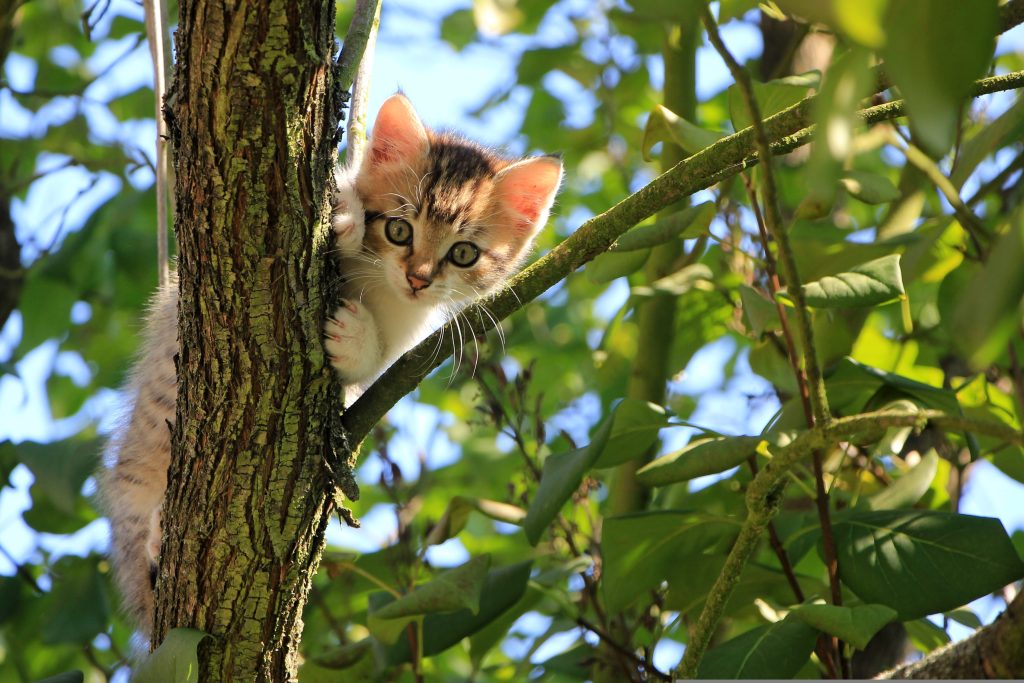Feline Herpesvirus is a highly contagious respiratory disease that affects domestic cats and other felids worldwide. This virus is one of the primary causative agents of upper respiratory infections in cats, often referred to as “cat flu.” It primarily targets the upper respiratory tract, including the nasal passages, sinuses, throat, and trachea. It can also affect the eyes, causing various ocular issues. One of the most challenging aspects of it is its ability to establish latency in the trigeminal ganglia, a cluster of nerve cells near the brain. This means that once a cat is infected, the virus remains in their system for life, potentially leading to recurring outbreaks during times of stress, illness, or immune system suppression. The virus is predominantly spread through direct contact between cats, with transmission occurring via ocular, nasal, and oral secretions. Infected cats can shed the virus during active infections and occasionally during periods of stress-induced reactivation.
Signs and Symptoms:
The signs and symptoms of Feline Herpesvirus typically manifest 2-5 days after exposure, with the severity ranging from mild to severe depending on factors such as the cat’s age, immune status, and overall health. The most common clinical signs include sneezing, nasal congestion, and a runny nose with clear or mucoid discharge. Many cats also develop conjunctivitis, characterized by red, swollen eyes.Fever is often present, especially in the early stages of infection, accompanied by lethargy, loss of appetite, and general malaise. Some cats may exhibit excessive drooling due to oral ulcers or inflammation of the oral cavity. In more severe cases, cats can develop corneal ulcers, leading to squinting, photophobia (light sensitivity), and apparent eye pain. Respiratory symptoms may progress to include coughing, difficulty breathing, and increased respiratory rates. Kittens, senior cats, and those with compromised immune systems are particularly vulnerable and may develop more severe symptoms, including pneumonia in rare cases. It’s worth noting that some infected cats may become asymptomatic carriers, showing no obvious signs of illness but still capable of transmitting the virus to others. The duration of clinical signs typically ranges from 7-10 days in uncomplicated cases, but some cats may experience prolonged recovery periods or develop chronic ocular or respiratory issues.
Treatment Advice:
Treatment for Feline Herpesvirus is primarily supportive, as there is no cure for the virus itself. The main goals of treatment are to manage symptoms, prevent secondary bacterial infections, and support the cat’s immune system. In mild cases, supportive care at home may be sufficient, but more severe infections often require veterinary intervention. Broad-spectrum antibiotics are used to prevent or treat secondary bacterial infections that can complicate viral respiratory infections. For cats with ocular involvement, topical antiviral ointments or drops may be prescribed, along with lubricating eye drops to keep the eyes moist and comfortable. Supportive care is crucial and includes keeping the cat’s eyes and nose clean of discharge, using humidifiers to ease congestion, and ensuring proper nutrition and hydration. In some cases, appetite stimulants or assisted feeding may be necessary if the cat is reluctant to eat due to nasal congestion or oral discomfort. Severely affected cats, particularly those showing signs of dehydration or inability to eat, may require hospitalization for intravenous fluid therapy, nutritional support, and more intensive care. It’s essential to isolate infected cats to prevent spread to other felines and to provide a quiet, comfortable environment for recovery. Follow-up veterinary care is important to monitor progress and adjust treatment as needed, especially for cats with chronic or recurrent symptoms.
Preventive Measures:
Prevention of Feline Herpesvirus relies on a multi-faceted approach, with vaccination serving as the cornerstone of control efforts. Core vaccines that include protection against FHV-1 are recommended for all cats, regardless of lifestyle. The initial vaccination series is typically given to kittens, with booster shots administered according to veterinary guidelines. Maintaining good hygiene practices is essential in preventing the spread. This includes regular cleaning and disinfection of shared areas, food and water bowls, litter boxes, and other items that cats come into contact with. Proper quarantine procedures should be implemented when introducing new cats to a household or shelter environment. Providing a stable, enriching environment with minimal changes can help keep cats’ immune systems strong and less susceptible to viral reactivation. Regular veterinary check-ups can help detect and address potential health issues early, maintaining overall feline health and reducing the likelihood of FHV-1 flare-ups.
Conclusion:
Feline Herpesvirus remains a significant health concern for cats worldwide, challenging veterinarians and cat owners alike with its persistent nature and potential for recurrent infections. The key to successful control lies in a comprehensive approach that combines vaccination, good hygiene practices, stress reduction, and prompt treatment of symptomatic cats. Cat owners play a crucial role in this process by being vigilant for signs of infection, seeking timely veterinary care, and implementing preventive measures in their homes.




 Unlimited access and follow ups for continuous pet care
Unlimited access and follow ups for continuous pet care 








